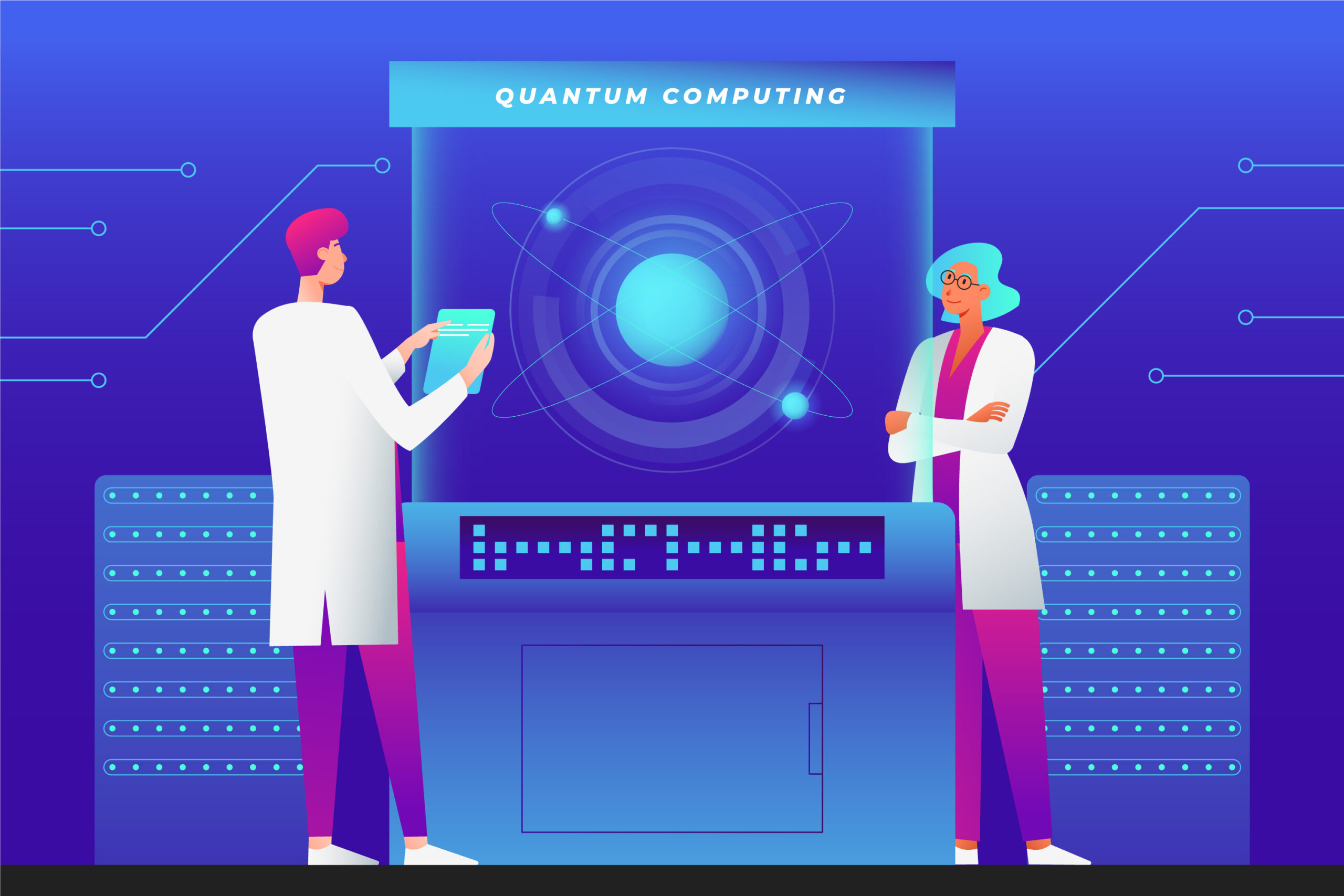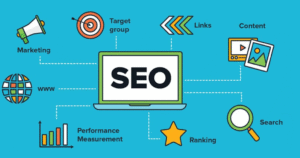Reducing Clinical Burnout: The Role of AI Agent Development Services in Designing Safe AI Healthcare Agents
Introduction Healthcare professionals today face relentless pressure from managing patient volumes and documentation to adapting to new technologies all while...

Introduction
Healthcare professionals today face relentless pressure from managing patient volumes and documentation to adapting to new technologies all while trying to maintain quality care. According to a 2024 report by the American Medical Association, over 63% of physicians report experiencing symptoms of burnout. The stakes are high, and the system is strained.
But a new class of intelligent technology is emerging to offer relief: AI healthcare agents. These autonomous systems are designed to handle repetitive, time-consuming, and administrative tasks so that clinicians can focus on what matters most patient care. However, building safe, trustworthy, and effective AI agents for healthcare isn’t something organizations can tackle alone. This is where AI agent development services come into play.
Let’s explore how these services are enabling healthcare systems to combat clinician fatigue by creating intelligent assistants built specifically for the complexities of modern medicine.
Understanding Clinical Burnout in 2025
Clinical burnout isn’t just about fatigue. It’s a multi-dimensional problem characterized by:
- Emotional exhaustion
- Reduced sense of personal accomplishment
- Depersonalization or detachment from patients
Major contributors include:
- High patient-to-doctor ratios
- Excessive administrative workload
- Complex EMR systems
- Repetitive, non-clinical communication tasks
Burnout not only affects providers it reduces quality of care, increases error rates, and leads to higher turnover costs for hospitals.
Where AI Agents Fit into the Healthcare Ecosystem
AI agents are autonomous or semi-autonomous systems that can:
- Interpret structured/unstructured medical data
- Interact with patients and staff through chat or voice
- Automate repetitive workflows (scheduling, documentation, reminders)
- Provide clinical decision support
- Triage incoming cases
Unlike traditional software, these agents evolve with continuous learning and offer real-time, contextual assistance. For example:
- An AI agent can auto-generate visit summaries by listening to conversations.
- Another might manage follow-up calls or symptom checkers for low-acuity cases.
- Some can even serve as pre-screeners, reducing unnecessary patient load on emergency departments.
These capabilities directly reduce the cognitive and operational burden on clinicians.
Designing Safe and Reliable AI Agents for Clinical Use
While the promise of AI healthcare agents is massive, the risks of deploying unsafe or inaccurate systems are equally significant. Mistakes in interpretation, incorrect responses, or bias in training data can lead to patient harm or mistrust.
That’s why specialized AI agent development services are essential. These teams help healthcare institutions ensure that their AI solutions:
- Align with regulatory standards like HIPAA, GDPR, and FDA guidelines
- Include robust explainability features so clinicians can understand the AI’s logic
- Go through rigorous validation using real-world clinical scenarios
- Include escalation paths to human experts when AI confidence is low
By combining machine learning engineering with clinical domain knowledge, development services bridge the gap between innovation and safe, scalable execution.
Real-World Application: Reducing EHR Burden
One of the top contributors to clinical burnout is time spent on electronic health records (EHR). Doctors spend an average of 11 minutes per patient on documentation, sometimes more than the time spent in actual care.
A major U.S. hospital group recently partnered with an AI solutions firm to build an AI agent that:
- Listens to patient-clinician conversations (with consent)
- Extracts relevant medical data
- Auto-fills structured EHR fields (medications, vitals, symptoms)
- Flags missing information or inconsistencies
The system was created in collaboration with an AI agent development service specializing in natural language processing and clinical data structuring.
Result:
- 37% reduction in time spent on documentation
- Improved charting accuracy
- Higher satisfaction among providers in pilot departments
Addressing Staff Communication Overload
Nurses and physicians receive dozens of pings, calls, and alerts daily. Many of these are repetitive, non-urgent, or could be managed by an assistant.
AI agents can act as intelligent communication filters:
- Screening incoming patient messages
- Answering FAQs via secure chatbots
- Updating patients automatically on test results or next steps
- Notifying staff only when human action is necessary
In a 2023 case study from a UK-based telehealth provider, implementing AI healthcare agents led to a 45% decrease in internal message volume without compromising care quality.
How to Select the Right AI Agent Development Partner
Building agentic systems for healthcare isn’t just about writing code it requires cross-functional thinking across:
- AI/ML engineering
- UX for clinical interfaces
- Data compliance and privacy
- Medical workflow mapping
When evaluating AI agent development services, look for:
- Proven experience with clinical-grade AI tools
- Availability of healthcare-specific data models
- MLOps and model governance capabilities
- Transparent validation methodologies
- Ability to integrate into existing systems like Epic, Cerner, etc.
Choosing the right partner means faster time to deployment, better outcomes, and safer technology.
The Bottom Line
Burnout in healthcare is a crisis and one that technology alone can’t solve. But when implemented with care, AI healthcare agents offer meaningful relief by automating repetitive tasks, reducing noise, and enhancing support.
With the help of expert AI agent development services, hospitals and healthcare providers can confidently deploy AI assistants that support not replace the human elements of care. As these technologies continue to mature, the focus must remain on safety, transparency, and user empowerment.
In short, AI is not just a tool it’s becoming an essential team member. And the smarter we make that teammate, the more time our clinicians get back to focus on healing.



